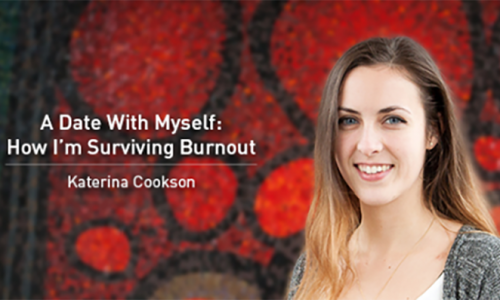Join us in learning to appreciate differences, practicing gratitude, and finding meaningful connections in your community for a richer sense of well-being. Remember, it's okay to seek additional support when needed.
Well-Being
Your physical health is closely linked to mental health, from managing screen time to fostering good sleep hygiene. Explore tips to support different aspects of your physical health and find ways to prioritize your overall well-being as a student.
You have lots of followers online, but can’t seem to connect the same way IRL.
Counselling has a lot of benefits, but it is a human relationship, and sometimes a counsellor you meet may not be the right fit - and that's okay.
Striking a balance between work and life is a difficult task for anyone regardless of their profession. Katerina explains how her desire to work overtook her personal life and she has some tips for making sure burn out doesn’t creep up on you.
On campus, Health and Counseling Services is introducing the Hi F.I.V.E. campaign to eliminate the stigma and prejudice around mental health by: Friendship, Invite conversation, Value everyone’s gift, and Eliminate stigma.















